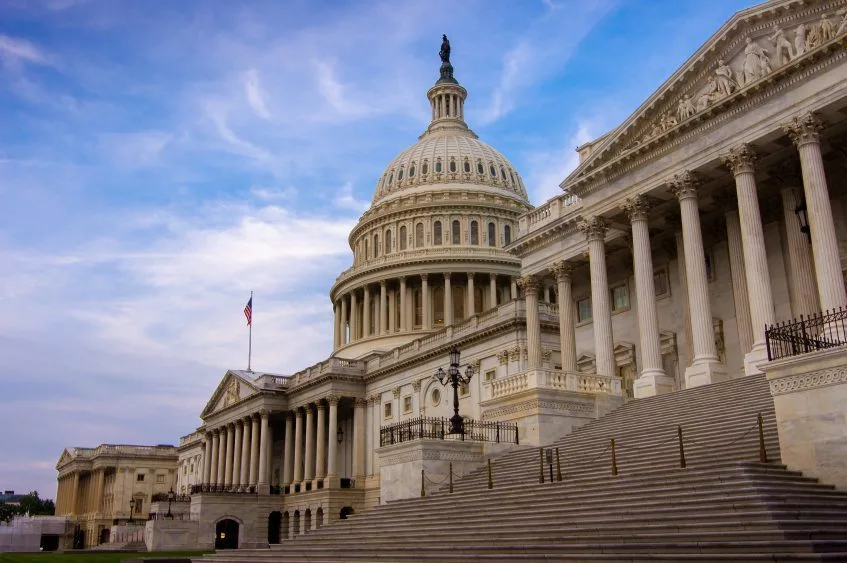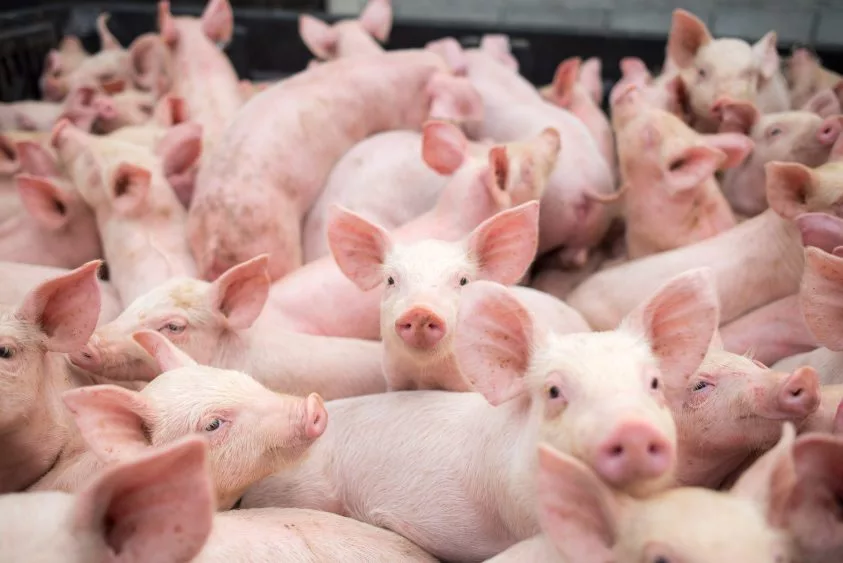Liquid fuel sales, including ethanol blended gas, will continue for the foreseeable future, according to most experts, despite the politics of climate change.
U.S. electric vehicle sales were up by more than half last year over 2022, but automakers say growth slowed as consumers had second thoughts over prices, battery range and a lack of charging stations.
The Biden administration wants half of new sales to be EVs by 2030 as it promotes its climate agenda with regulations and green investments—raising concern in the ethanol industry.
But shorter-term or even longer, Renewable Fuels Association head Geoff Cooper is more upbeat. “Demand for liquid fuels in light duty transportation, we do expect to be flat or declining over the long-term,” Cooper says. “We don’t expect to see significant demand loss in the short term, or really even in the 5 to 10-year window. We think that the demand destruction that would be attributable to EVs is probably really not going to be terribly acute, until that 10 to 15 to 20-year time horizon.”
And if last year is any clue, Cooper says, “We saw stronger overall gasoline consumption and stronger levels of ethanol blending and continued advancement in higher blends like E15 and E85.”
Including RFA road testing E85 in a hybrid electric vehicle. But bottom-line, as USDA Secretary Tom Vilsack sees it, “We’re going to have cars that use ethanol for a long, long time.”
Meantime, U.S. oil production has hit a record pace, as the president seeks lower gas prices in an election year and environmental activists protest project oks in Alaska and West Virginia.




